Politics & Security
North Korea, U.S. should first agree on what 'denuclearization' means — security specialist
Published
6 years agoon
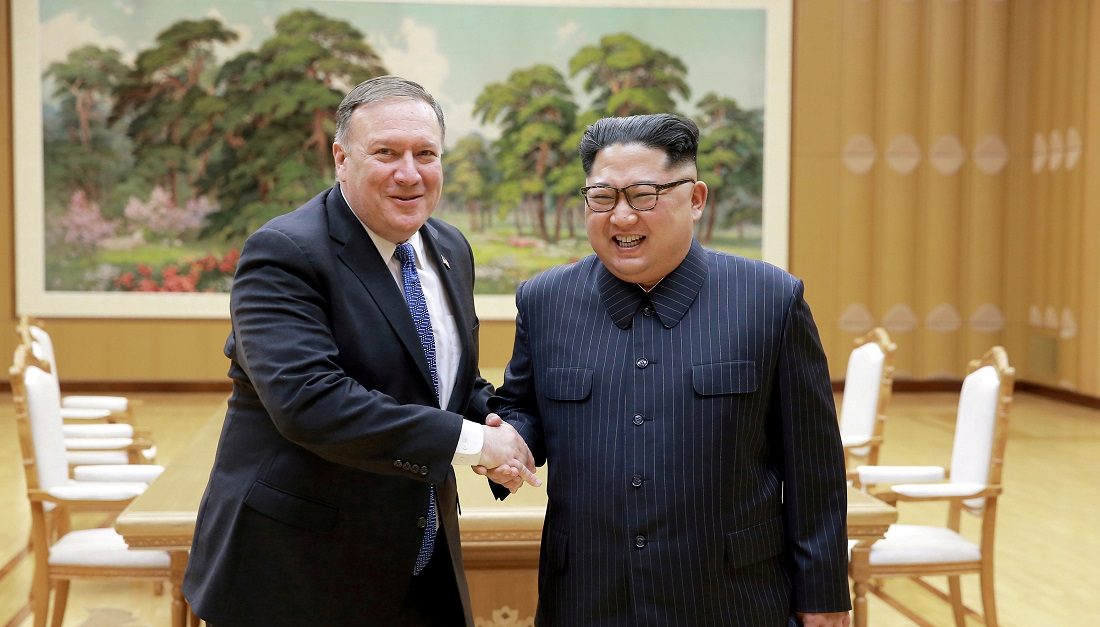
(First of three parts)
Dr. Jeffrey Hornung, the RAND Corporation’s specialist on Japanese and East Asian security issues, sat down with the Sankei Shimbun Washington correspondent Hiroyuki Kano at the end of April to discuss recent developments on the Korean Peninsula.
Hornung tells us he is guardedly optimistic despite the lack of concrete commitments, though concerned that Japan could be left behind if its interests are not addressed in the current flurry of diplomatic initiatives.
JAPAN Forward is publishing excerpts from the interview in a 3-part series.
Did you read [President] Trump’s tweet today, “Korean War to end”? He seems very positive about the inter-Korean summit.
I just saw it, yes.
How do you see the outcome of the Moon-Kim summit?
I think some people are very optimistic about the outcome, but I am skeptical or, should we say, “guardedly optimistic.” I am reluctant to be optimistic about this because it is just a lot of words and we have seen words before. There is no commitment in terms of cost, no actions have been taken, no details have been made, so it is just words—that is all.
I think Kim Jong-un never used the word “denuclearization” in the press conference, did he?
That's right. You have to look differently at what they say and what they have committed to do. I would take the Panmunjom Declaration as the important item and, in the Declaration, they did talk about denuclearization.
The problem is that how denuclearization is defined is different. The United States thinks that denuclearization means North Korea gives up its nuclear weapons. North Korea thinks that denuclearization means the U.S. nuclear umbrella in Asia is cut— no nukes. This is an issue that I think will come up for discussion in a U.S.-North Korea summit. So, even though Kim Jong-un didn’t bring it up when he spoke, the fact that it is in the Declaration is the important part.
When President Trump appeared today with members of the U.S. Winter Olympics team, he said, “I’ll be meeting with Kim Jong-un in the coming weeks as we seek to denuclearize the North Korean area and the entire Korean Peninsula.” How do you interpret that comment?
It would mean from the U.S. perspective that the U.S. wants North Korea to give up all nukes and perhaps doesn’t want China to introduce any nuclear weapons onto Korean Peninsula. U.S. policy has never been to give up the nuclear umbrella over South Korea. This raises the point—you have the U.S. saying denuclearization and you have North Korea saying denuclearization, as well as South Korea, China, everybody says denuclearization. Nobody has ever said, “denuclearization means this.”
So, until you have the actual parties sitting down and agreeing on what denuclearization means, it is just going to remain this flowery rhetoric that sounds really good, but there are no details attached to it.
The U.S. uses the term “CVID,” while Kim Jong-un used the phrase “phased and synchronized steps” when speaking to Xi Jinping. What do you think is the difference in this terminology?
CVID obviously is what the U.S. and other countries have been pushing for, and it is geared solely at North Korea. The U.S. is not going to say that it wants complete, verifiable, irreversible denuclearization for itself—the terminology is focused purely on North Korea.
But when you talk about “phased and synchronized,” the word “synchronized” means you are linking it up with another action. So, again, I think it just reinforces that the North has a very different view of what denuclearization means.
This is why I am very skeptical about a lot of what is happening right now. North Korea had dedicated decades of effort to obtaining nuclear weapons and this effort continued all the way up until a couple of months ago. Why would it suddenly turn around and say it is giving up nuclear weapons?
The fact that North Korea is not saying specifically what it means by denuclearization, and is not taking any costly steps that would be difficult to reverse, is why I think right now it is just a lot of “feel good” talk.
I wouldn’t be surprised if the North returns to their previous behavior. We have seen this before, where the North and South come together, shake hands, take pictures, smile, but it never gets us to a place of implementing denuclearization. It never gets us to a place of ending the Korean War. It always falls apart later in the implementation phase.
As you said, probably the U.S.-North Korea summit will be very important for Japan. What do you expect both leaders to say?
The North-South summit was very important because it is their Peninsula. They must talk and see eye-to-eye. But when we start thinking now about implementation, about force posture or exercises, or nuclear weapons, the U.S. is going to have to make decisions on some of these things. This is where I think it is going to be interesting to see if the North and the U.S. actually make any announcements that have substance.
One of the things that could come out of the talks is possibly a discussion about U.S. recognition of North Korea—re-establishing diplomatic relations. I am not saying it would happen when they meet, but just maybe that would be a step.
From the North’s perspective, just sitting down and have a picture taken with the president of the United States is going to be hugely legitimizing for Kim Jong-un. He has already become the first North Korean leader to walk into South Korea. Think how this is going to be played in North Korea: Kim Jong-un has done what his grandfather and father could not do. He has walked into South Korea and now he is going to meet the U.S. president. It is hugely legitimizing for him to be able to tout that success.
The strangest thing about these talks is that usually a summit marks the end of a process. You have a lot of smaller confidence-building measures and steps that happen first, and then the summit between the leaders seals it. But this time it is flipped, and so it is hard to know what could come out of it.
Nobody thinks the two sides are just going to say, “We are denuclearized and, oh, the armistice is signed.” It is not going to happen. For this reason, legitimizing or recognizing North Korea could be one possible concrete step that comes out of the summit—not doing it, but discussing it.
Does recognizing North Korea mean opening talks toward diplomatic ties?
There are a lot of things that could come out of recognition. There could be talks about easing sanctions. There could be talks about having diplomatic ties. Those are things on which I could see the U.S. perhaps saying they would be open to compromise, if North Korea does a certain number of things.
This is a reason why the summit between Trump and Kim is really crucial—because it is not yet clear what they will agree on or could do—because the North-South meeting just gave us a lot of words and open commitments but no concrete specifics about anything.
(To be continued)
Dr. Jeffrey Hornung is a political scientist at the RAND Corporation’s Washington office. He specializes in Japanese and East Asian security issues, maritime security and U.S. foreign and defense policies in the East Asia and Pacific region. He received his PhD from the George Washington University. He has written several publications, including Managing the U.S.-Japan Alliance; An Examination of Structural Linkages in the Security Relationship (Sasakawa USA, 2017), and is a co-author of Chinese-Japanese Competition and the East Asian Security Complex: Vying for Influence (Routledge, 2017).
Hiroyuki Kano is a correspondent for The Sankei Shimbun based in in Washington, D.C., and a contributing writer for JAPAN Forward.
You may like
-


INTERVIEW | Kim Yung-ho is Seoul's Forward-Thinking Unification Minister
-


Birth of an Asian NATO: A New Strategic Alliance Emerges Amid Regional Tensions
-


Heita Kawakatsu Says 'Sayonara Shizuoka' After Winning New Maglev Delays
-


Families of North Korean Abductees Release New Policy: Key Takeaways
-


EDITORIAL | Latest Hong Kong Security Law Elevates Risks for Visitors and Foreign Residents
-


EDITORIAL | Work With 1st Japanese ICC President to Pursue Abduction Cases

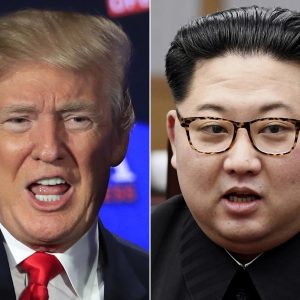
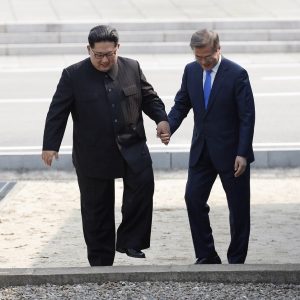
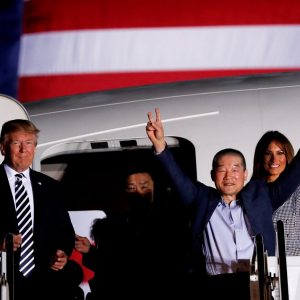
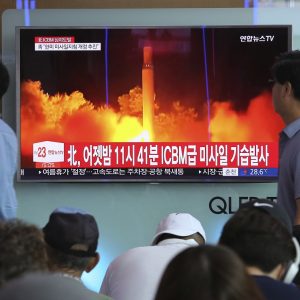
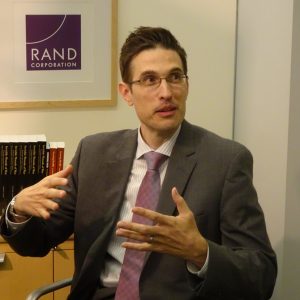

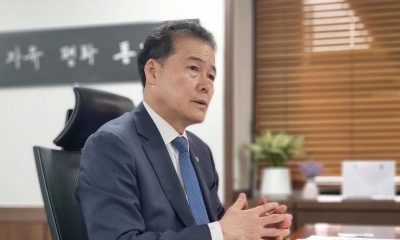

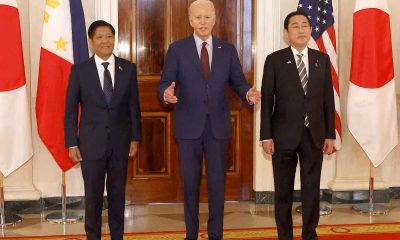

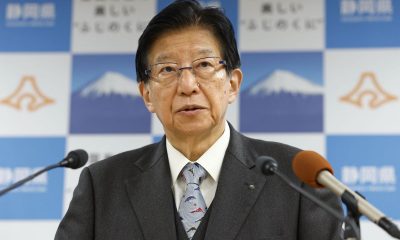

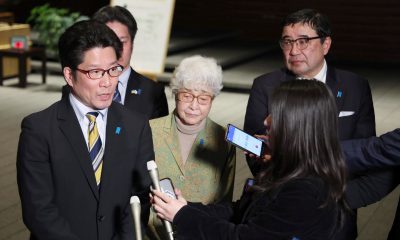

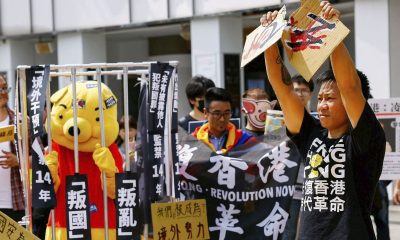

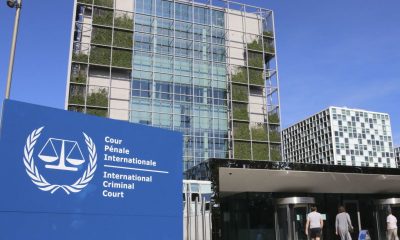


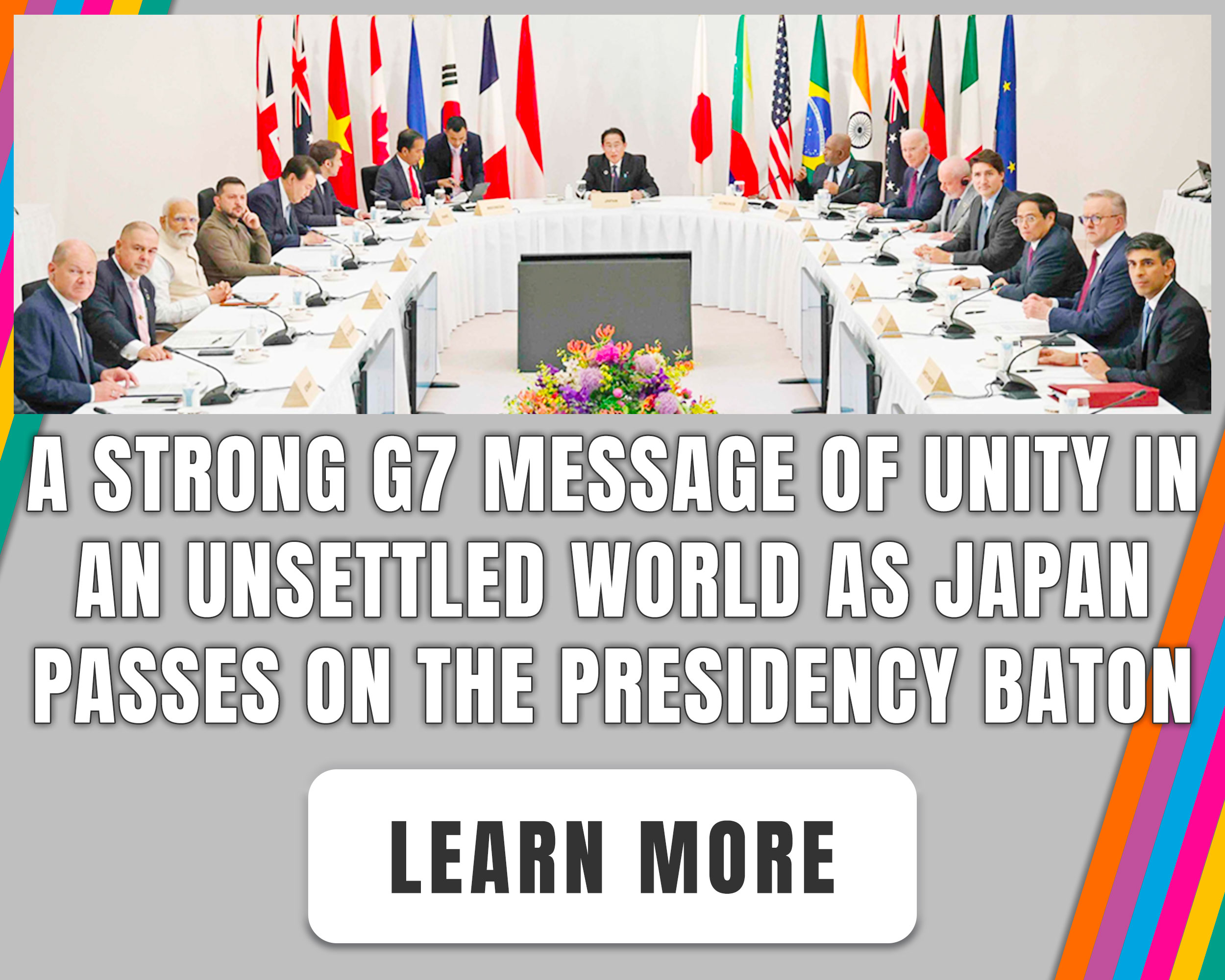
You must be logged in to post a comment Login